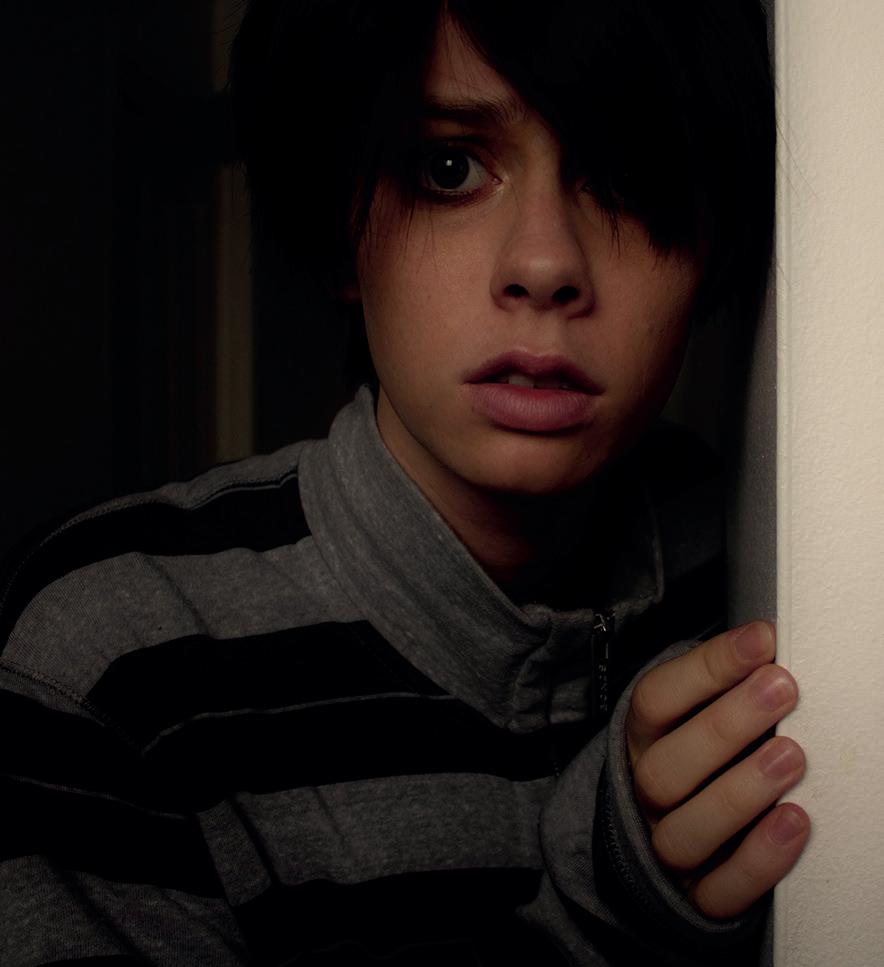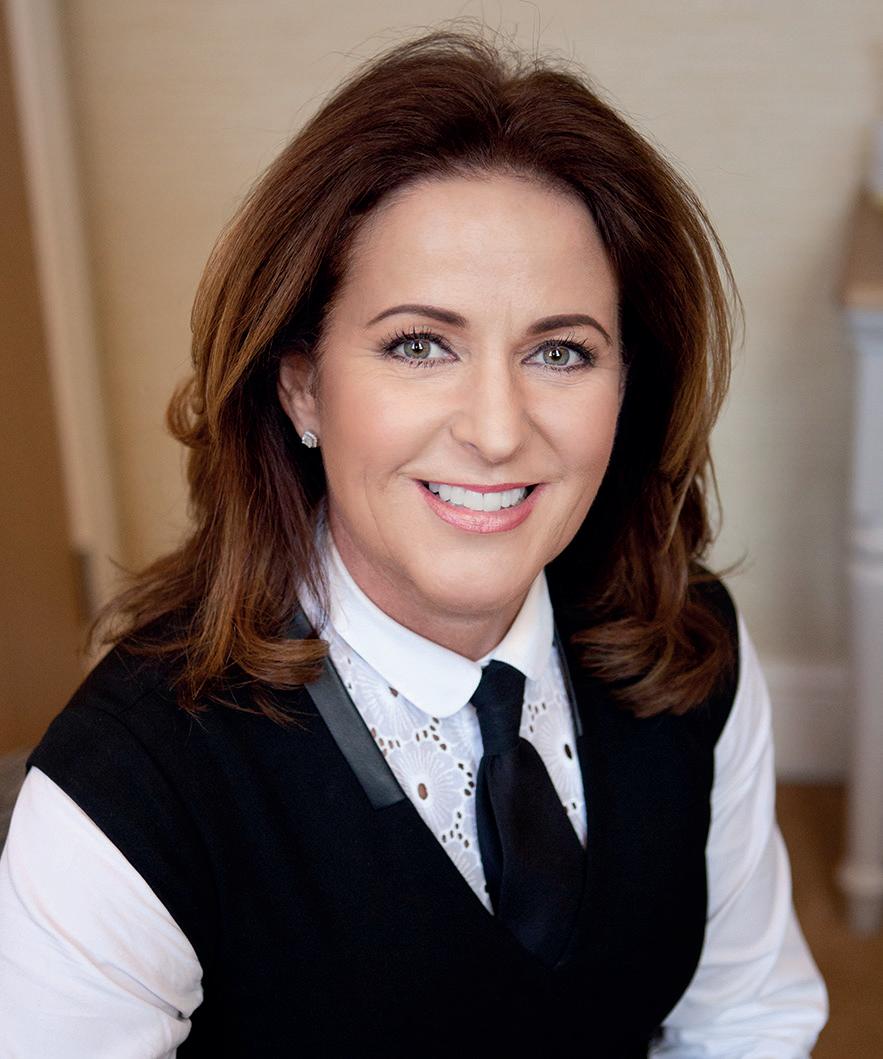
2 minute read
Helping A Child Overcome Death Anxiety
With the pandemic and new government regulations creating massive change in our lives, how do we keep our children on an even keel and help them to navigate these unprecedented times without becoming anxious about the future, dying and death?
Children learn their coping mechanisms from the adults around them - their parents, guardians and carers.
Advertisement
We are in unusual times and we have no instruction booklet for helping our little ones at this time. It is natural to try and shield our children from the harsh realities of life, but sometimes, in an attempt to protect them, we may distort the facts of life and death to soften the truth. This can inadvertently create a mystery around death which forces children to use their own imagination to fill in the blanks.
• Create a safe space where you can share your feelings about the pandemic - please talk about the statistics and the fact that most of us are safe. You go first and be honest about how you feel. Let your child know that they can say what they want without interruption. Allow little silences in the conversation to give time for the words to be understood and also so your child can think before they speak. Moments of silence really are golden in these conversations.
• Remember children are still learning and are desperate to fit in. Allowing them to express their own reactions without comparing will give them emotional confidence. Accepting
their words allows them to have a natural, unquestioned reaction.
• Use simple and factual words - by telling the truth, we are teaching our children a very important fact of life - that at some stage all life comes to an end. By using straightforward language to explain what ‘dead’ means, we are teaching children a truth - that people can die when they are old, or if their bodies stop working properly through illness or if there had been an accident. In the case of suicide, it is alright to admit that we don’t always know why someone has died.

Pictured: Lianna Champ

The way we teach children how to cope with their losses in childhood sets a pattern for the rest of their lives.
We can teach them to embrace all life experiences and to process their emotional responses - good, bad, happy or sad - as they arise. Life is not an endless series of happy moments and is always interspersed with traumas.
By accepting and experiencing all life events as they occur, we can live fully and meaningfully as long as we can process emotional events, deal with them and move on.
Article By Lianna Champ










